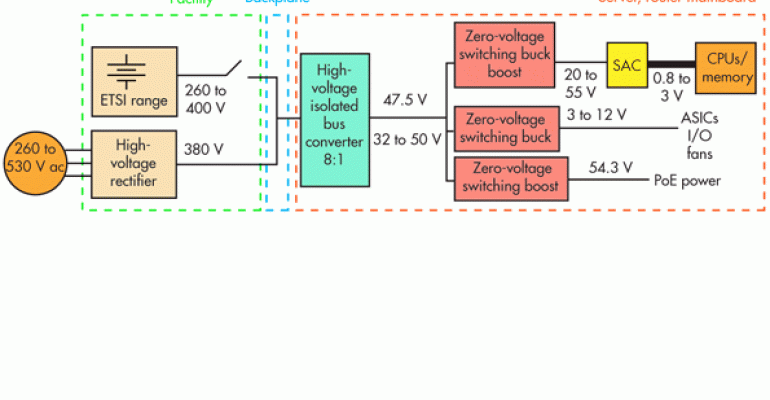How to fix poor sleep brought on by modern technology: go camping!
Are you sick of going to bed late and waking up tired? Then grab your hiking boots and a tent. A new study suggests that a couple days of camping in the great outdoors can reset your circadian clock and help you get more sleep.
The circadian clock is an internal system that tells your body when it’s time to go to sleep and when it’s time to wake up. Scientists track this clock by measuring the amount of melatonin circulating in a person’s blood at any given time.
In a healthy sleeper, melatonin levels rise a few hours before bedtime, stay high through the night and then settle back down to daytime levels when it’s time to wake up. The period when melatonin levels are elevated is known as biological night.
In our modern society, biological night does not usually coincide with night in the natural world. Most of us stay up many hours past sunset, and we would probably sleep in many hours after sunrise if we could.
The trouble is, if your biological night begins at midnight or later, your melatonin levels may still be high when your alarm clock goes off in the morning. This leads to grogginess, and it may have other consequences, researchers say. Diabetes, obesity and heart disease have all been associated with not getting enough sleep.
Research by integrative physiology professor Kenneth Wright of the University of Colorado at Boulder found that people reset their circadian clocks by taking a six-day summer camping trip in the Rocky Mountains.
Source: How to reset your body clock, and get better sleep, with hiking boots and a tent – The Washington Post







